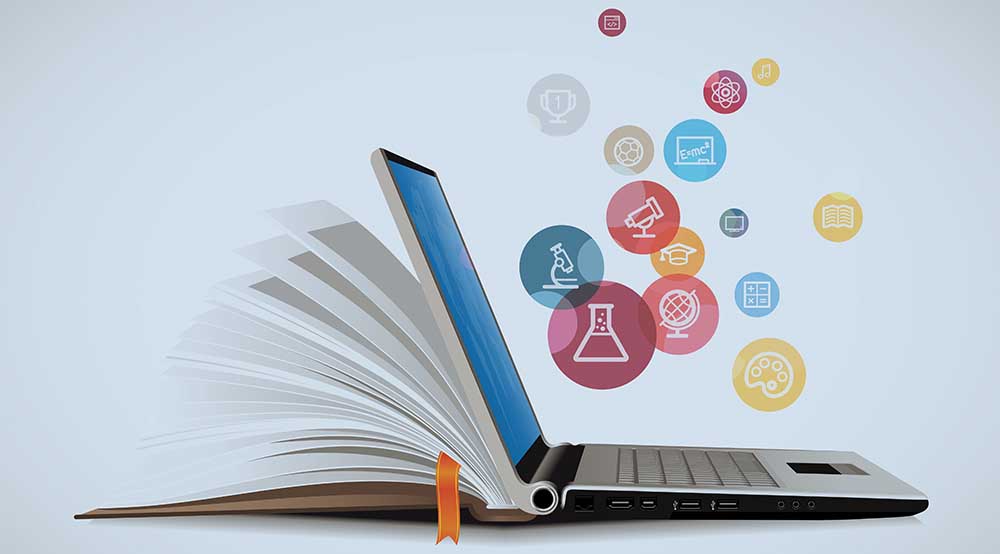By Michelle Gibbings
For children growing up now, the workplace of today will not be their workplace of tomorrow.
McKinsey predicts that by 2030, 375 million workers globally will have to master new skills as current jobs evolve alongside the rise of artificial intelligence and capable machines. Getting ready for this future, given that it is evolving quickly and there are many unknowns, is about equipping children with the skills to thrive through change and to think adaptively so they have options.
 Don’t lock in too early
Don’t lock in too early
The 2016 Growing Up in Australia report by the Australian Institute of Family Studies found that six in ten 14-15 year olds knew what job they wanted.
Of these, 60% aspired to professional or managerial jobs; jobs that make up only 35% of the current Australian labour market. Only 14% wanted to work in areas such as retail, hospitality and administration; jobs that make up nearly half the labour market. About one in ten children surveyed said they wanted to work in so called ‘fantasy’ occupations (eg sportsperson, entertainer or famous).
What children aspire to in childhood often doesn’t translate into reality. In a rapidly changing workplace, looking at career options too narrowly can limit their choices.
By the time they enter the workplace there will be roles that currently we’ve never heard of. It pays to look broadly, to experiment and to be open to career ideas that on the surface may not yet look plausible.
 Fall in love with learning
Fall in love with learning
Encourage children to love learning because they are going to need to continuously learn and evolve throughout their career.
Estimates suggest that children today will have at least 5 careers and more than 17 different employers during their working life. Consequently, a sustainable career requires them to have the willingness and eagerness to continuously look at their skill set, identify what needs to be refined, improved and acquired, and then to take the necessary action.
 Emotional intelligence matters
Emotional intelligence matters
We’ve long known the importance of emotional intelligence, and into the future it will be even more important as it is one of the core skills that can’t be mastered by robots.
Being resilient, adaptable and able to regulate emotions underpins this.
2014 research from the Yale Centre for Emotional Intelligence found that being able to regulate emotions – that is, respond rather than react – was an important predictor of success.
Conducting their research with high school students, they found that children who are able to regulate their emotions are better able to handle stress, are more attentive and have better social skills. These are skills that are critical to master in a changing world.
Encouraging children to see the investment in understanding themselves – who they are, what motivates them, what they stand for and how to best manage themselves – are life skills that are just as essential as technical skills.
 Own their brand
Own their brand
Almost twenty years ago, Tom Peters said “All of us need to understand the importance of branding. We are CEOs of our own companies: Me Inc. To be in business today, our most important job is to be head marketer for the brand called You”.
In a world where everyone has a digital footprint this advice is even more relevant. Getting children to recognise and accept the impact – both positively and negatively – that their footprint has on their career is essential.
They need to own their brand from an early age. A person’s personal brand is essentially what springs to mind when people think about them. It’s created through a combination of what a person says and does, and is what they are known for. All of which is reinforced through social media and digital platforms.
 Don’t forget the old rules
Don’t forget the old rules
While the world is changing, many of the old rules of career success still hold true.
It will always pay to work hard, be focused and deliberate about the choices a person is making. Additionally, build strong relationships with people and always seek to do more than is asked of you.
Michelle Gibbings is a change leadership and career expert and founder of Change Meridian. Michelle works with leaders and teams to help them get fit for the future of work. She is the Author of ‘Step Up: How to Build Your Influence at Work and ‘Career Leap: How to Reinvent and Liberate your Career’.
For more information: www.michellegibbings.com


